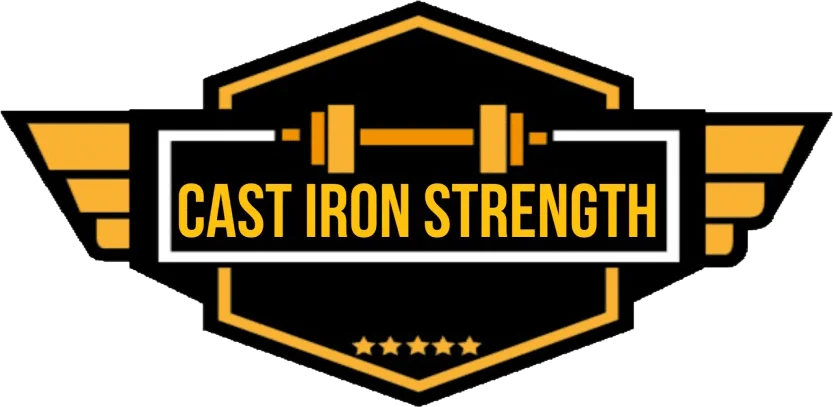I like to advocate a view on training, nutrition and recovery that emphasis the importance of the big percentile efforts and doesn’t sweat the small stuff. When it comes to a question of should I include this into my programme or should I eat this pill I like to draw people’s away from that and start to get into what they are doing regards – day to day training, what they are eating, how much they are sleeping, how much recreational activities are getting into (drinking, drugs etc).
When you look at your training logs and see that a key lift hasn’t increased in over a year it isn’t likely the fact that you aren’t taking a multi vitamin that is holding you back from getting better.
A simple thing that will make all the difference to how you feel on a day to day basis is simply getting 8 to 10 hours of sleep in. What quite a lot of people realise is that if your engaged in high stress physical activity you can require extra sleep.
I watched a lecture given by one of the team doctors for the Irish Rugby Union squad where they looked at recovery strategies.
The business end of which was
- that people of a faster twitch nature (better 20 meter times and higher jumpers) required more days off to come back to full fitness than those of a slower twitch nature.
- People accrue a sleep deficit and don’t get back to rested levels of stress hormones/performance until they recover this deficit. This could mean requiring 9-10 hours of sleep to recover from intense training phases or games.
- Other strategies (what he referred to as micro strageies ice baths, massage etc) where of limited value.

